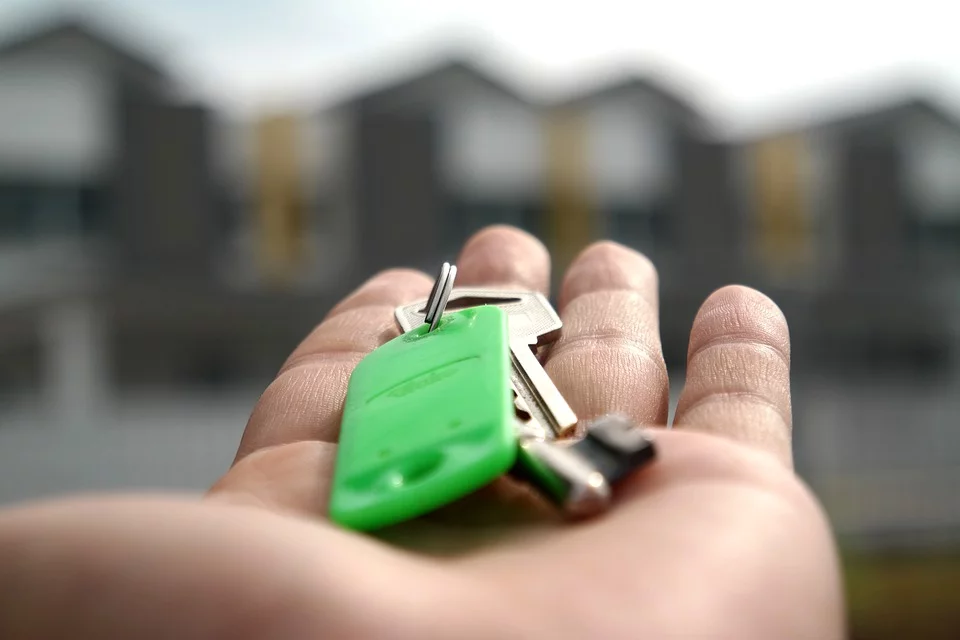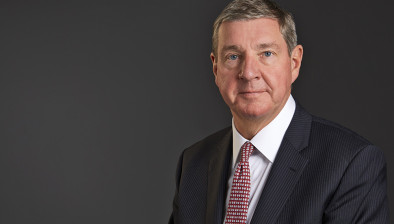Average house prices in Scotland rise by 28% since the start of pandemic

Average house prices in Scotland have risen by 28% since the start of the pandemic according to analysis of the latest data by property firm DJ Alexander Ltd.
The firm said that between March 2020 and July 2022 average property prices in Scotland rose 28.1% from £150,625 to £192,966.
Scotland has recorded the second highest percentage gain of all the UK countries with only Wales higher at 31.7% over the same period. England was up 25.5% with Northern Ireland increasing by 20.1% while average house prices in the UK as a whole increased by 25.5% from £232,684 to £292,118.
Across Scotland the largest increase occurred in Glasgow over the same period where average house prices increased 31.4% rising from £133,366 to £175,263. There was an increase of 24.7% in Dundee from £123,029 to £153,399; in Edinburgh of 19.8% from £274,512 to £328,808; and a rise of 5.5% in Aberdeen from £141,192 to £148,896. Interestingly, for the last four months (since April 2022) average prices have been higher in Dundee than Aberdeen for the first time ever.
David Alexander, the chief executive officer of DJ Alexander Scotland, commented: “The sustained increase in average property prices across Scotland has been remarkable. Perhaps it was the increased time spent in the home during the first lockdown that made people focus more clearly on the property they lived in and the area where they wanted to live because demand has continued to be strong and steady for a prolonged period.”
“While there are obvious signs that this period of robust growth is coming to an end such an unprecedented increase in average property prices means that we are heading toward a calmer, more stable market. Enormous price hikes are never sustainable in the long term so I would expect a softening of the market and a flattening of prices as we head into the Autumn and Winter.
“With brakes being applied across the economy in terms of rising interest rates, higher utility bills, increased living costs, and rising inflation it is clear that many of the elements which have contributed to this boom have, or are, rapidly disappearing.”
He concluded: “Rising house prices always contribute to a feelgood factor, and this may have been a positive contributing factor during the dark days of the pandemic. But now that this is largely behind us a period of realism is perhaps required to ensure that the gains which have been made over the last two years remain in place as the economy starts to slow. The property market is extremely susceptible to public mood and the wider perception of likely economic growth.
“This week’s mini budget is likely to set the tone for the next couple of years economic performance and it will be interesting to see the response in the coming months to the expected tax and spend announcements on the property market.”






